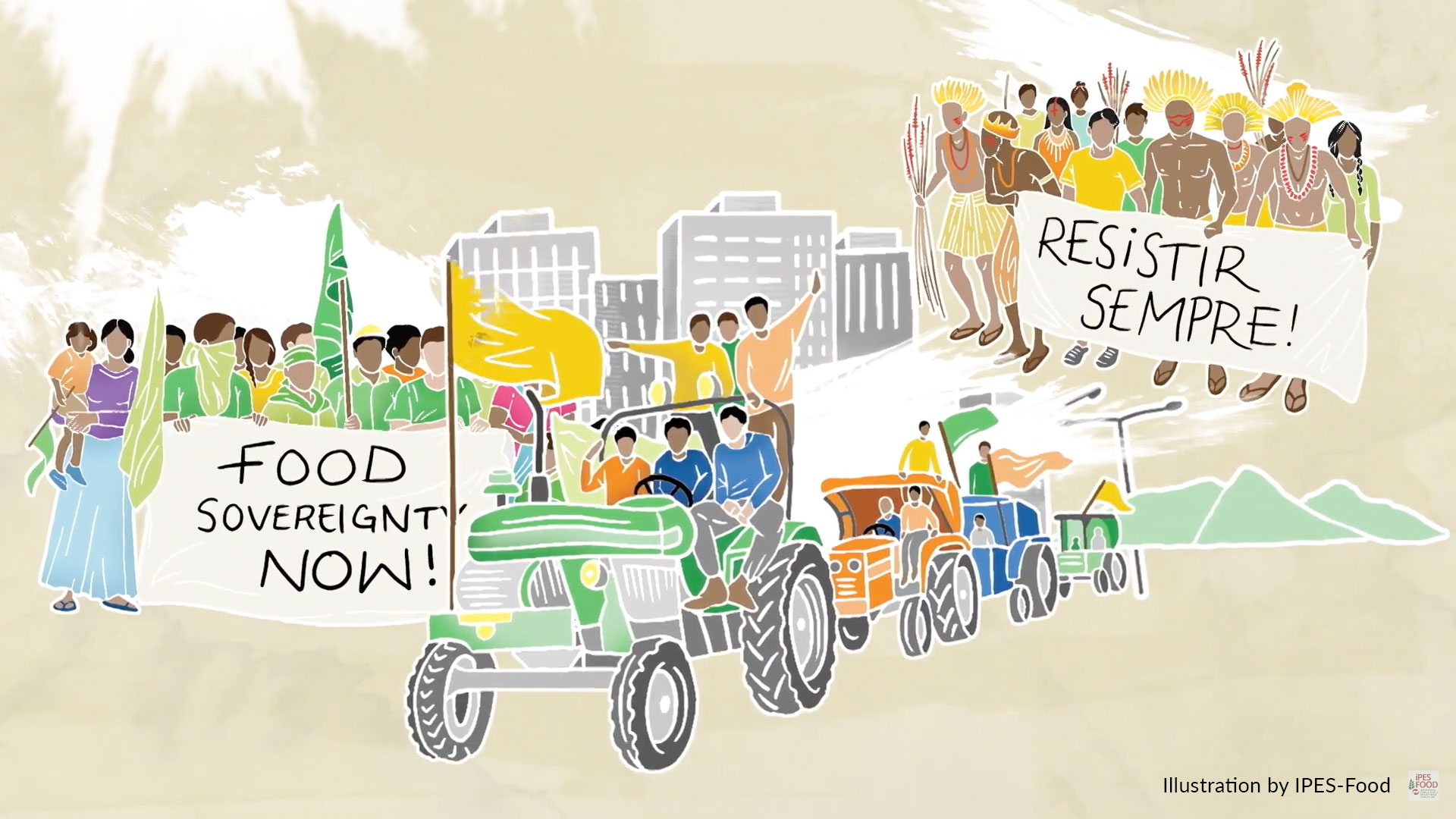Partners: The New School – Leonardo E Figueroa Helland (PhD).
Timeline: April 2022 – May 2022 (2 months).
Approach: podcast, ethnography, systems thinking.
Topics: food systems, climate change, environmental studies.
Team: Jenna Dascoli, Nastazia Kielar, Susan Austin, Paige Kloss and me.
My role: researcher on academia, plant-based products, cultivated meat, and decolonial alternatives.
Context
The world’s current food system is broken. The dominance of industrial agriculture by corporate control and its heavy dependence on fossil fuels, monocultures, fertilizers, and pesticides contributes between 19%-29% of global anthropogenic greenhouse gas (GHG) emissions. Industrial agriculture is responsible for the acceleration of biodiversity loss, water pollution, land dispossession, the undermining of rural communities, deforestation, soil erosion and has left approximately 2 billion people lacking consistent food access, disproportionately impacting the Global South.
Outcomes and reflections
During this project, we did interviews, attended events, and did a literature review to conduct comparative research on different pathways to the current food system related to advocacy, policy, academia, technoscience, decolonial perspectives, community-based alternatives, and peasant/indigenous movements.
Final podcast:
Projects details
The engagements that we had for this project were with the following institutions and organizations:
ADVOCACY, POLICY & RESEARCH:
- Clara Earth (Climate Land Ambition Rights Alliance)
- TNI: Transnational Institute
ACADEMIA & TECHNOSCIENCE
- Food Symposyum at Columbia University
- GFI: Good Food Institute
COMMUNITY-BASED/DECOLONIAL/BIPOC ALTERNATIVES
- Harlem Grown
- Asprocig
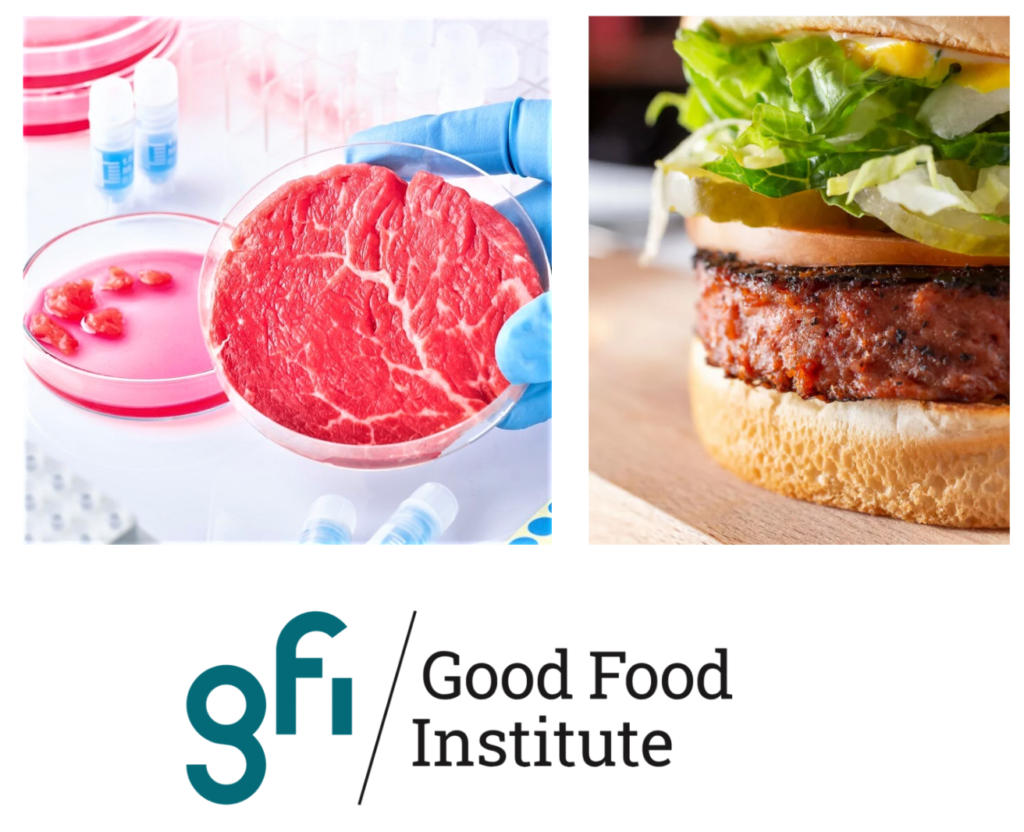
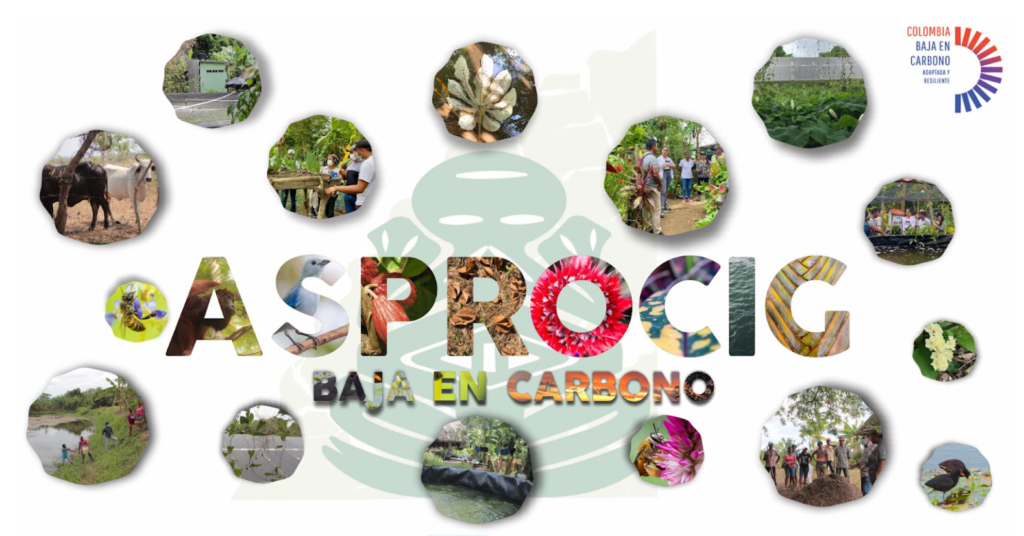
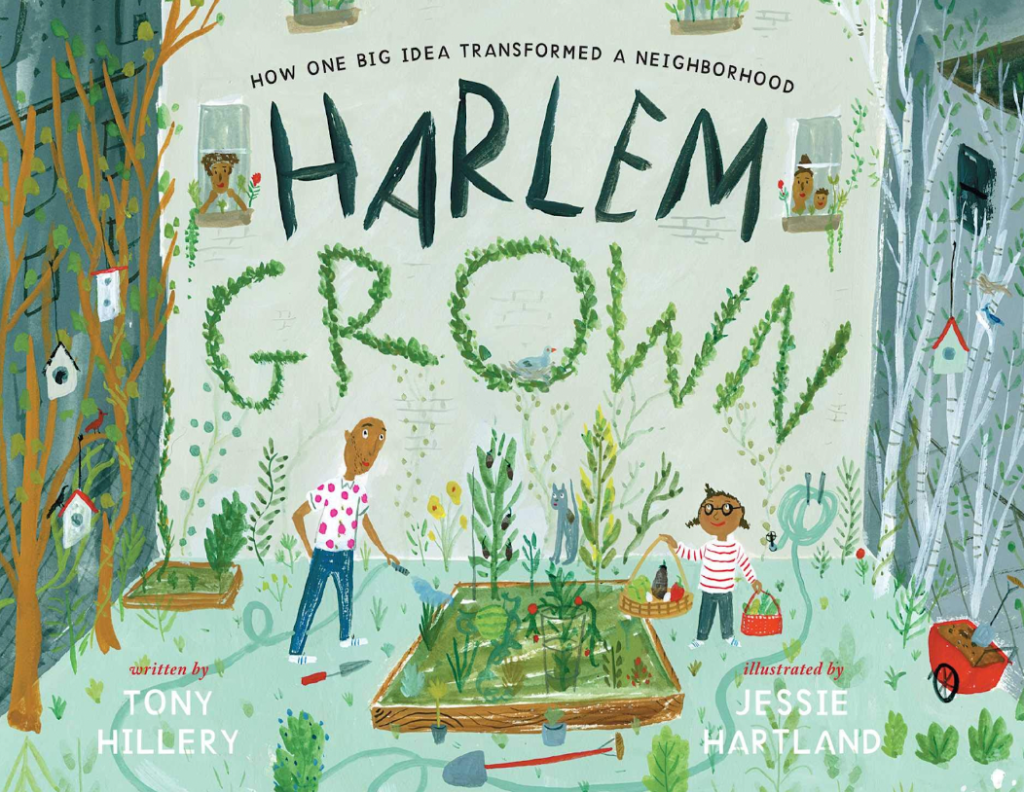


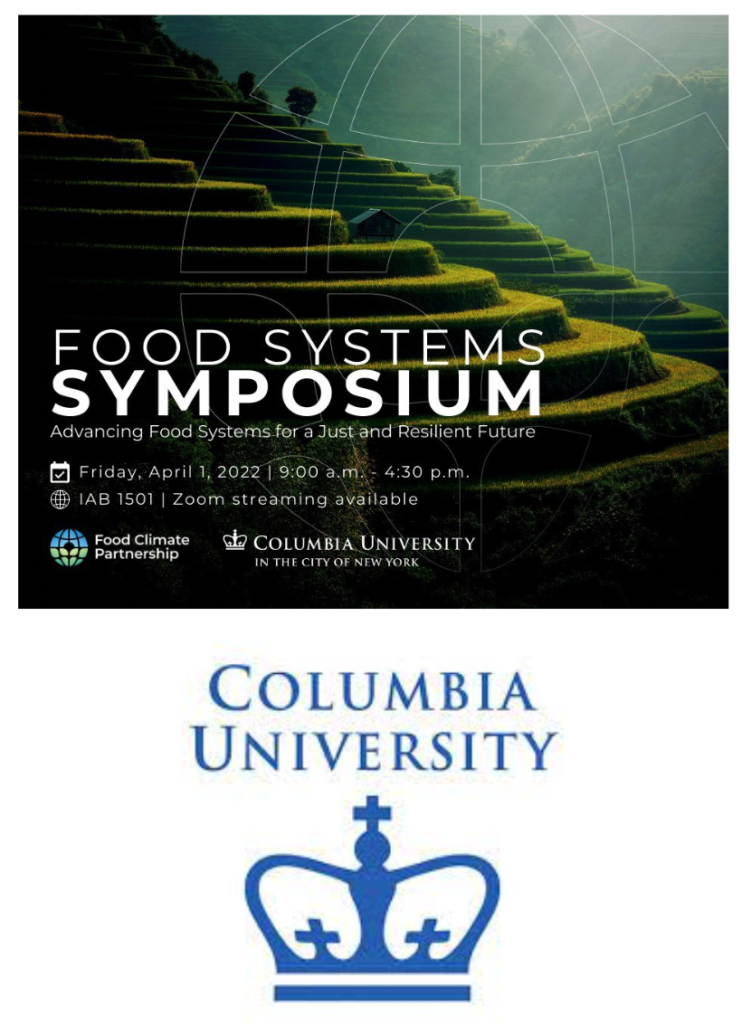
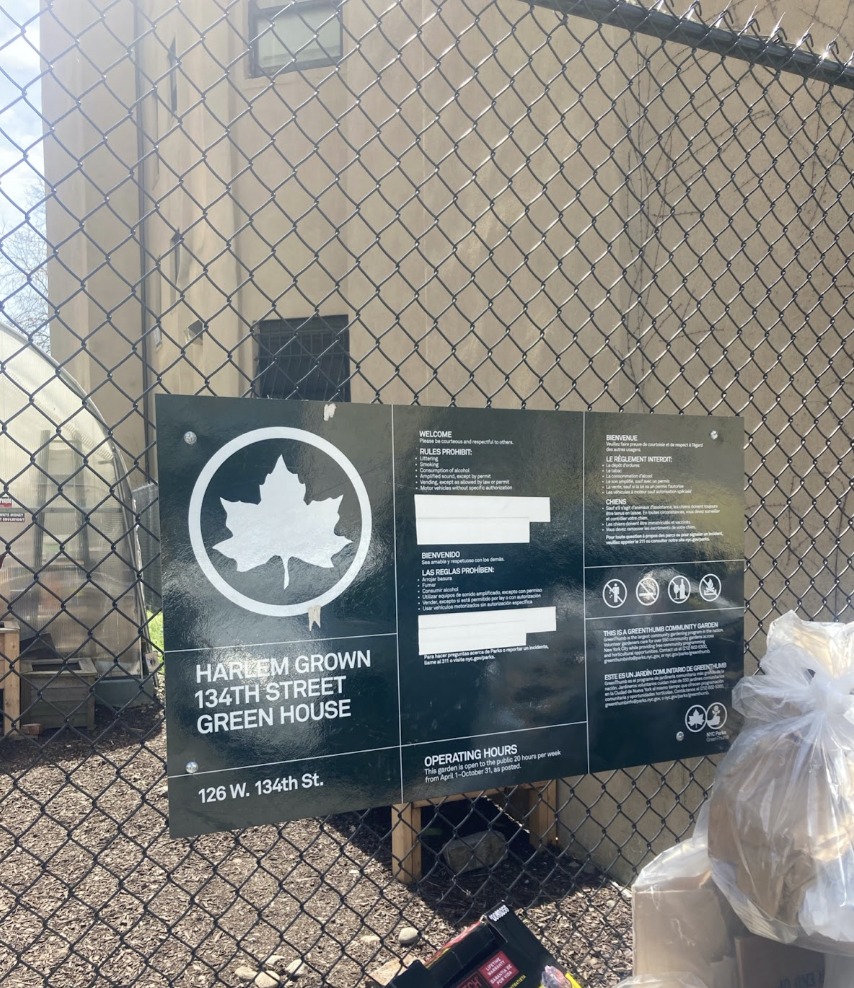
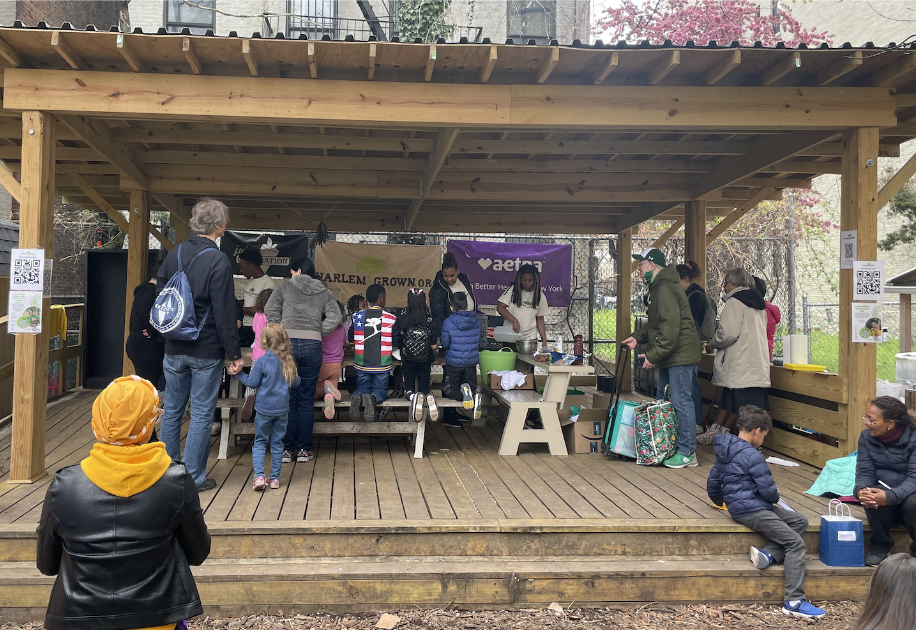
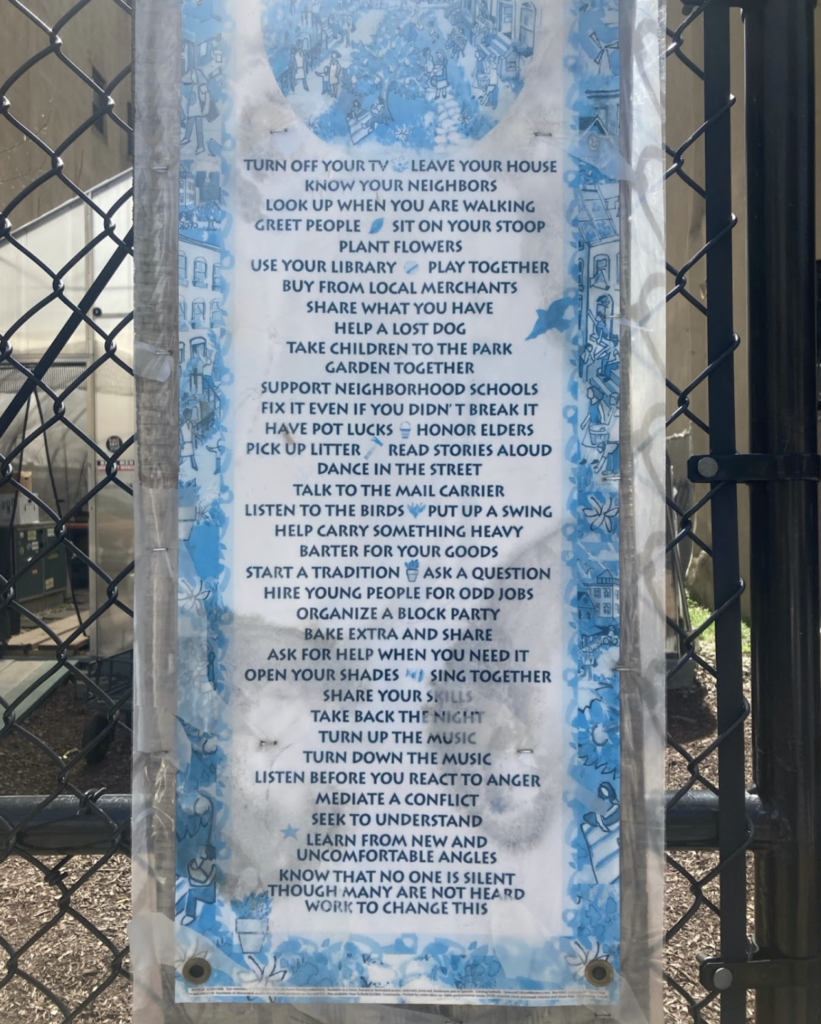
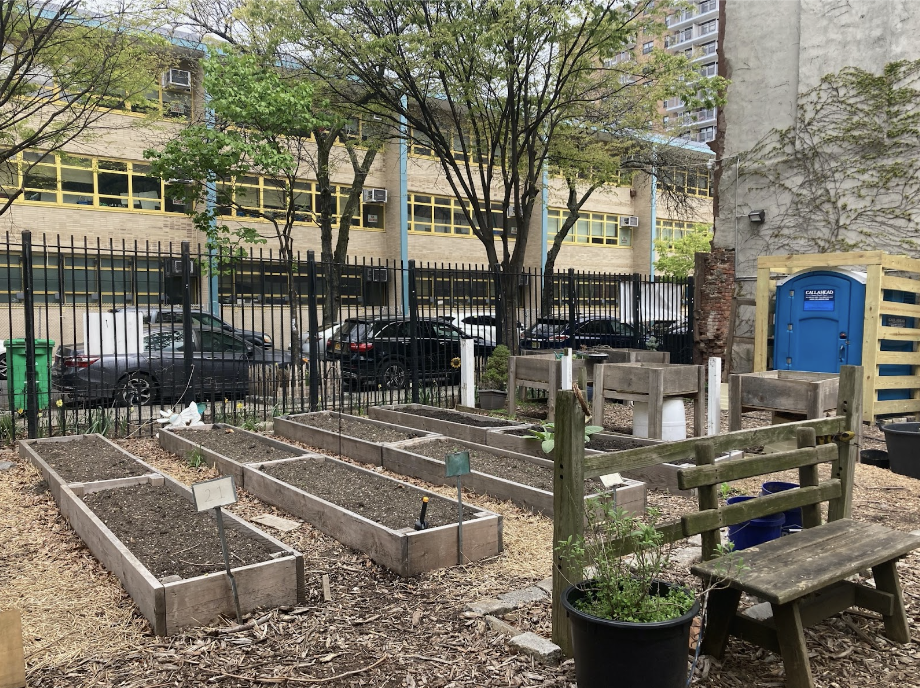
References
- Amorelli , Lucia, et al. Hoodwinked in the Hothouse, Critique of False Solutions to Climate Change. 3rd ed., Rising Tide North America, 2021.
- David, Pierre-Marie, et al. “Pandemics in the Age of the Anthropocene: Is “Planetary Health” the Answer?” Global Public Health, 26 Feb. 2021, pp. 1–14, 10.1080/17441692.2021.1893372.
- Dooley, K et al. (2018) Missing Pathways to 1.5°C: The role of the land sector in ambitious climate action. Climate Land Ambition and Rights Alliance. Available from: climatelandambitionrightsalliance.org/report
- “Fertilizers in Russia | OEC.” OEC – the Observatory of Economic Complexity, oec.world/en/profile/bilateral-product/fertilizers/reporter/rus#:~:text=About. Accessed 18 May 2022.
- Figueroa-Helland, Leonardo, et al. “Decolonizing Food Systems: Food Sovereignty, Indigenous Revitalization, and Agroecology as Counter-Hegemonic Movements.” Perspectives on Global Development and Technology, vol. 17, no. 1-2, 2018, pp. 173–201., https://doi.org/10.1163/15691497-12341473.
- Gonzalez, Carmen G. 2011. “ Climate Change, Food Security, and Agrobiodiversity: Toward a Just, Resilient, and Sustainable Food System”.
- Horrigan, Leo, et al. “How Sustainable Agriculture Can Address the Environmental and Human Health Harms of Industrial Agriculture.” Environmental Health Perspectives, 1 May 2002, https://ehp.niehs.nih.gov/doi/10.1289/ehp.02110445.
- IPCC, 2018: Summary for Policymakers. In: Global Warming of 1.5°C. An IPCC Special Report on the impacts of global warming of 1.5°C above pre-industrial levels and related global greenhouse gas emission pathways, in the context of strengthening the global response to the threat of climate change, sustainable development, and efforts to eradicate poverty [Masson-Delmotte, V., P. Zhai, H.-O. Pörtner, D. Roberts, J. Skea, P.R. Shukla, A. Pirani, W. Moufouma-Okia, C. Péan, R. Pidcock, S. Connors, J.B.R. Matthews, Y. Chen, X. Zhou, M.I. Gomis, E. Lonnoy, T. Maycock, M. Tignor, and T. Waterfield (eds.)]. In Press.
- IPCC, 2021: Summary for Policymakers. In: Climate Change 2021: The Physical Science Basis. Contribution of Working Group I to the Sixth Assessment Report of the Intergovernmental Panel on Climate Change [Masson-Delmotte, V., P. Zhai, A. Pirani, S.L. Connors, C. Péan, S. Berger, N. Caud, Y. Chen, L. Goldfarb, M.I. Gomis, M. Huang, K. Leitzell, E. Lonnoy, J.B.R. Matthews, T.K. Maycock, T. Waterfield, O. Yelekçi, R. Yu, and B. Zhou (eds.)]. Cambridge University Press, Cambridge, United Kingdom and New York, NY, USA, pp. 3−32, doi:10.1017/9781009157896.001.
- Mooney, Pat, et al. A Long Food Movement: Transforming Food Systems by 2045 Executive Summary. IPES-Food & ETC Group, 2021.
- Ortega-Espès, Delphine. Agroecology: Innovating for Sustainable Agriculture & Food Systems. FOEI, 2018.
- Press, The Associated. “A Political Reckoning in Sri Lanka as Economic Crisis Grows.” NPR, 28 Apr. 2022, www.npr.org/2022/04/28/1095186509/a-political-reckoning-in-sri-lanka-as-economic-crisis-grows.
- The Global Climate in 2015-2019. World Meteorological Organization, 2020.
- Vermeulen, Sonja, et al. “Climate Change and Food Systems.” Annual Reviews , 30 July 2012, https://www.annualreviews.org/doi/full/10.1146/annurev-environ-020411-130608.
- “WMO: State of the Global Climate 2021: WMO Provisional report.” 2021.
